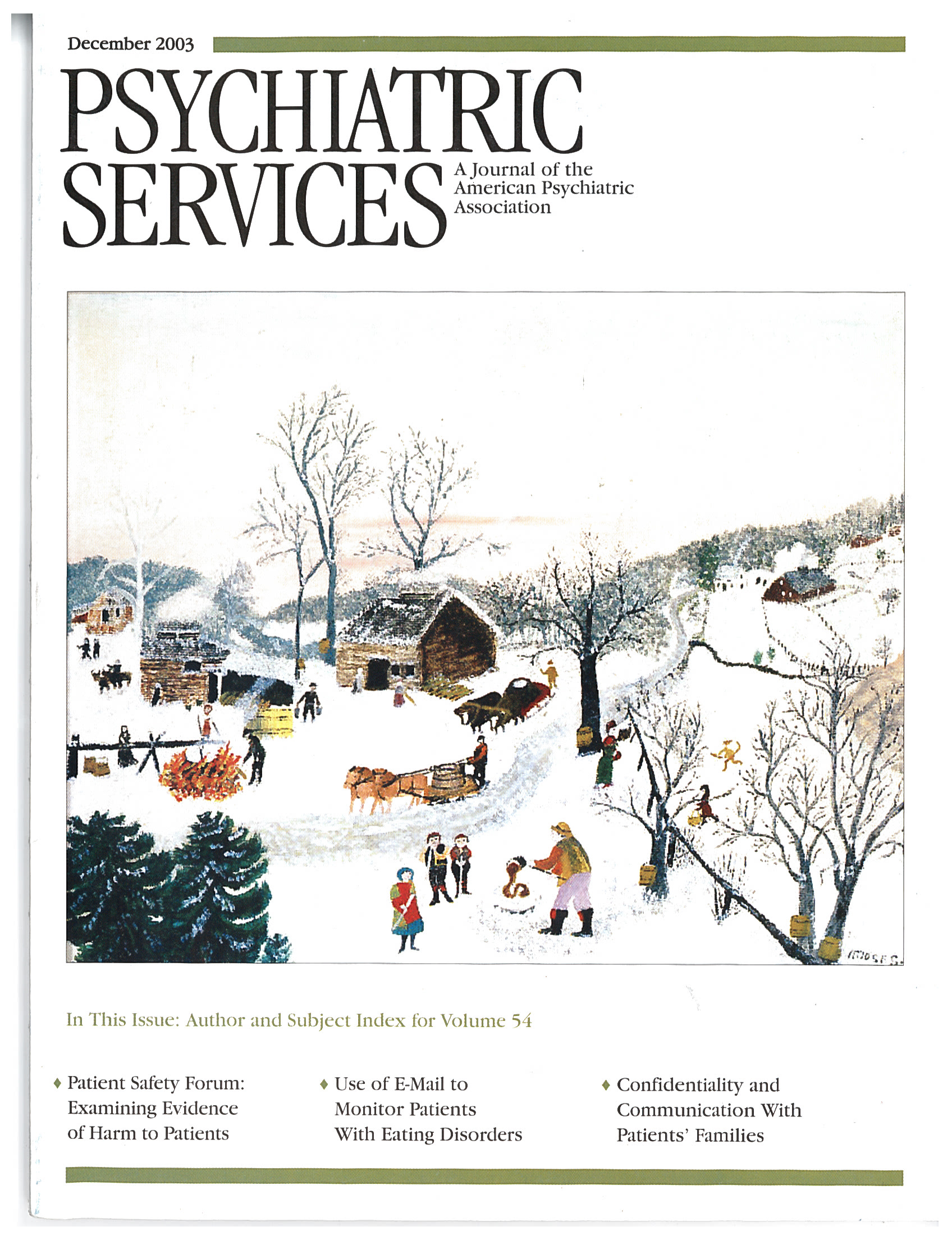Sara Pritchard won the Breadloaf Writers' Conference Bakeless Prize for fiction with Crackpots, her first novel. The novel's protagonist, Ruby Reese, leads the reader through 18 stories linked by characters, events, and place. The "crackpots" of the title are members of the Reese family, which include Ruby's eccentric, superstitious, and "half-crazy" mother, Eva; her demolition expert father, Albert; her talented yet self-destructive brother, Mason; and her escapist bookworm sister, Albertine. The characters are rounded out by a series of aging aunts, neighbors, and Ruby's three ex-husbands: the violent and abusive Boo; Oskar, the mumbling Swedish efficiency expert; and Miles, the hard-drinking poetry professor.
The reader follows Ruby from birth to age 52 through a series of stories and narratives written in the first, second, and third person. This style is at times confusing—the stories move backward and forward in time and are often woven together with the thinnest of threads. However, Pritchard's use of language is beautiful, and she paints wondrously vivid descriptions of even the most mundane subjects. In one scene, Ruby is described sunbathing with the beautiful Sigourney Weaver-look-a-like twins Vivian and Maureen Muldar: "Ruby lies down between them, pale and slathered with zinc oxide, in her faded green Jantzen one-piece, looking from a small airplane like a turkey breast with iceberg lettuce between two slices of rye."
The first line of Crackpots is "Memory is an odd fellow." This introduction shapes the reading of the book and the interpretation of the narrative. The reader is never quite sure what is real and what is imagined and is left with the sense that perhaps even the author isn't sure and has left a lot of Ruby's life up to the reader's imagination. This blur between memory and imagination continues through the use of multiple narrators, including the voices of family members, Ruby as a child, and Ruby as an adult.
The fine detail of the writing may lead the reader to wonder whether Crackpots is not as much a memoir as it is a piece of fiction. Especially as Ruby's character ages, Pritchard does a nice job illustrating Ruby as an assemblage of her untraditional upbringing. Events that might ordinarily be seen only as tragic—for example, 13-year-old Ruby's acting as caregiver for her dying mother—are also viewed with humor and eloquence. This book will be of interest to those who are looking for a skillful and poetic description of the complex circumstances that make up a person's life.

